Agenda 2030
Agenda 2030 is a universal agenda comprising 17 global goals for sustainable development, adopted by the UN member states on September 25, 2015, aiming to realize human rights for all. Sweden has declared that it will be a leader in implementing Agenda 2030. To achieve the global goals, we need to actively work against discrimination and restrictive norms, and for equal rights and opportunities, which is a mandate that also applies to universities and colleges.
Learning Objectives and Key Competencies for Sustainable Development
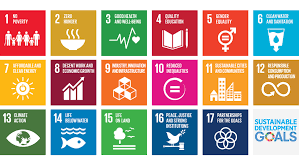
Source: sustainabledevelopment.un.org
UNESCO has developed a guide for educators on learning for sustainable development to learn about the Global Goals (SDGs) and thereby contribute to achieving the global goals. The guide identifies guiding learning objectives and suggests topics and learning activities for each SDG. It also presents implementation methods at different levels, from course design to national strategies. The guide is not intended to be prescriptive in any way but to provide guidance and suggestions that teachers can choose and adapt to specific learning contexts.
Education for Sustainable Development Goals: learning objectives (2017). UNESCO
How do Gender Equality, Diversity, and Equal Opportunities in education relate to Sustainable Development?
Three goals directly connect to gender equality, diversity, and equal opportunities in education:
Goal 4 "Quality Education": Ensure inclusive and equitable quality education and promote lifelong learning opportunities for all.
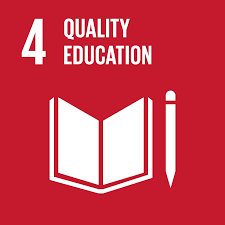
Goal 5 "Gender Equality": Achieve gender equality and empower all women and girls
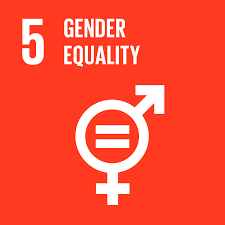
Goal 10 "Reduced Inequality": Reduce inequality within and among countries
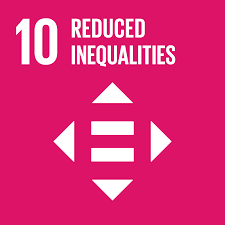
Quality Education for All
Goal 4: Ensure inclusive and equitable quality education and promote lifelong learning opportunities for all.
4.3 Equal Access to Vocational Training and Higher Education
By 2030, ensure equal access for all women and men to affordable and quality technical, vocational, and tertiary education, including university education.
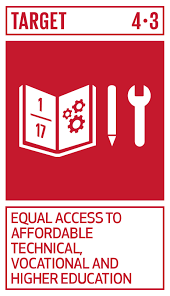
4.5 Eliminate all Discrimination in Education
Eliminate gender disparities in education and ensure equal access to all levels of education and vocational training for the vulnerable, including persons with disabilities, indigenous peoples and children in vulnerable situations.
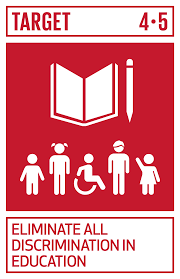
4.A Create Inclusive and Safe Learning Environments
Build and upgrade educational facilities that are child, disability, and gender-sensitive and provide safe, non-violent, inclusive, and effective learning environments for all.
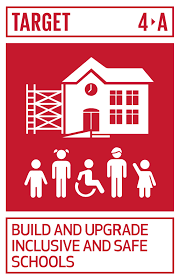
Social Sustainability
Gender equality and equity are central aspects of social sustainability, which are also linked to economic and environmental sustainability. Thus, gender equality and equity are both sustainability goals in themselves and means for sustainability in a broader sense.
For KTH's students to achieve the learning objectives for sustainable societal development within their respective degrees, educational programs must ensure that students have basic knowledge, skills, and abilities about:
- Gender equality and equity as goals for sustainable development.
- How inequality and inequity can affect technological and societal development.
- Work on gender equality, diversity, and equal opportunities within organizations.
